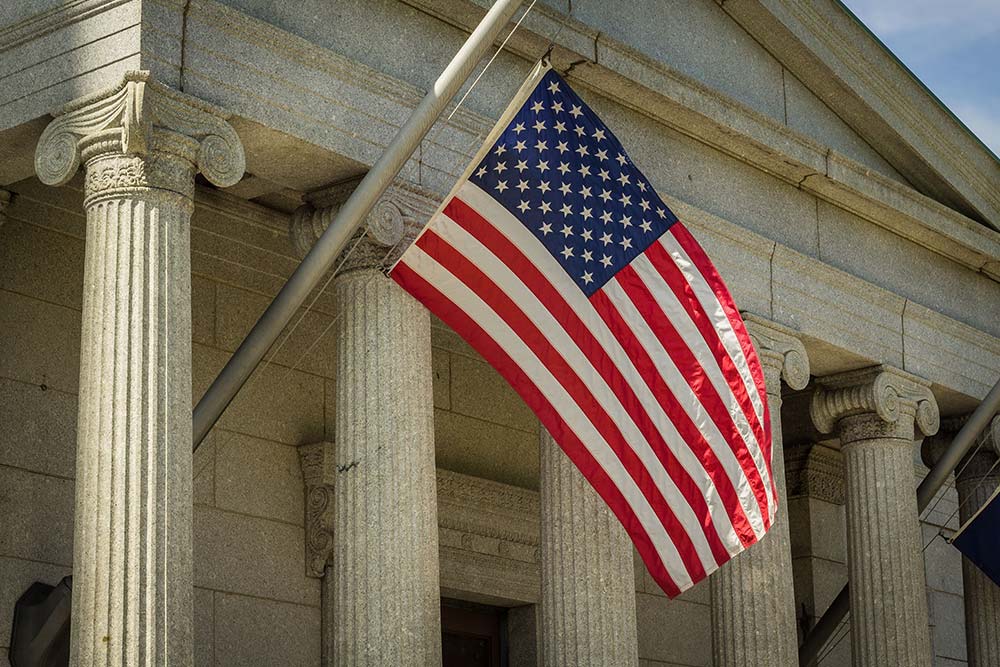Music Creators North America, together with the Songwriters Guild of America, the Society of Composers & Lyricists, the National Music Council of the United States and the US Copyright Alliance have succeeded in convincing the US Copyright Office to institute a two-tiered fee system for filing small copyright claims under the CASE Act.
The initial filing fee will be $40, with an additional $60 fee payable only if the case becomes active. According to the USCO, this structure prevents frivolous filings, while keeping the fee put at risk by plaintiffs due to opt-outs by defendants to a manageable level.
Dowload the published rules here or read the announcement from www.copyright.gov below.
Copyright Office Issues Final Rule for Initiating Copyright Claims Board Proceedings and Related Procedures
Pursuant to the Copyright Alternative in Small-Claims Enforcement (CASE) Act of 2020 and after soliciting public comments, the U.S. Copyright Office has published a final rule establishing procedures for the initial stages of a Copyright Claims Board (CCB) proceeding.
The rule provides procedures and requirements for the initial stages of a proceeding, including the following topics:
- Filing claims,
- Opting out of proceedings,
- CCB compliance review,
- Service of the notice of proceeding and claim,
- Service and filing of other documents,
- The CCB’s “second notice,” and
- Filing responses and counterclaims.
Among other provisions, the final rule institutes a two-part fee for filing a claim; standardizes requirements for the claim, response, and counterclaim; and requires certifying parties to affirm that they have confirmed the accuracy of information in the claim. Additional information is available here.
Photo by Bonnie Kittle



